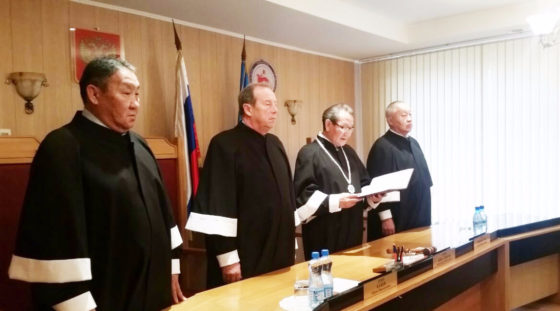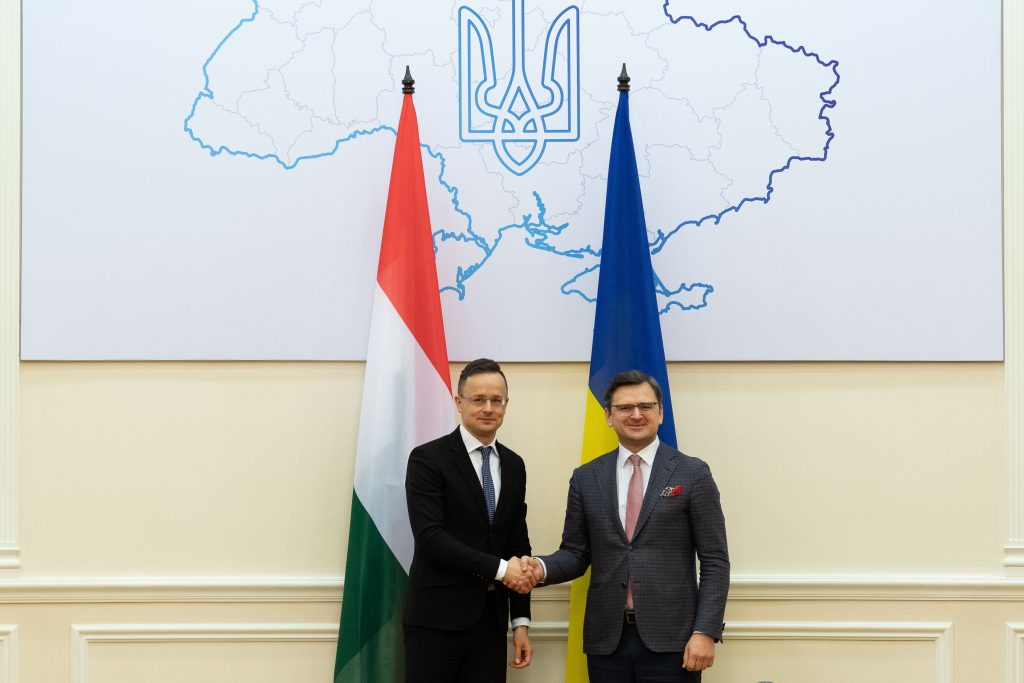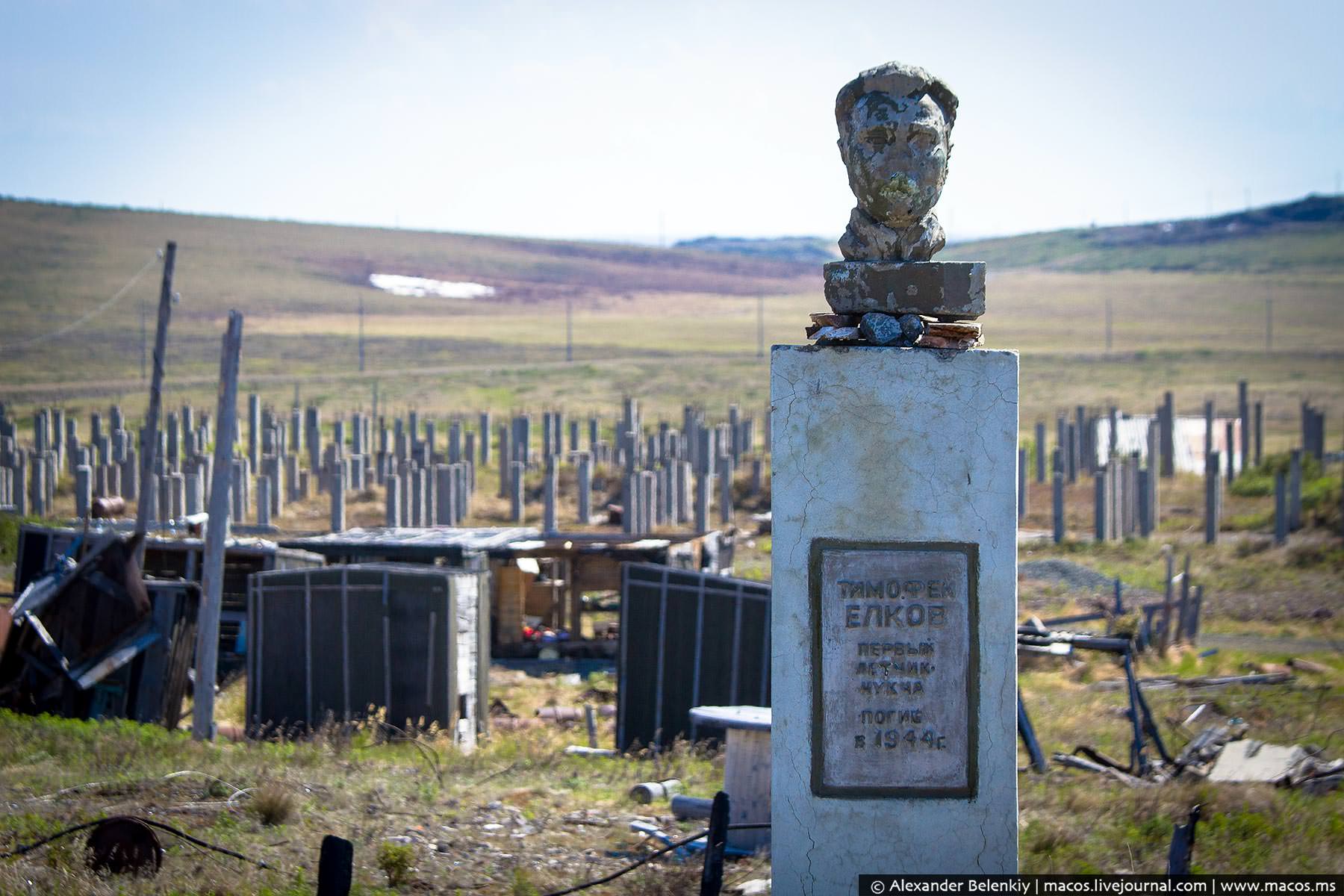On October 21, 2016, the Constitutional Court of the Republic of Sakha (Yakutia) handed down a decision that may trigger what challenges Moscow’s view of the country and that many Russians and non-Russians are likely to see as ushering in a new parade of sovereignties by the non-Russian republics of the Russian Federation.
The court declared that “all the territory of Yakutia is the historical motherland of the Yakut people,” a finding that echoes for that enormous republic in the Russian Far East calls among Russians for a ‘Russia for the [ethnic] Russians.”
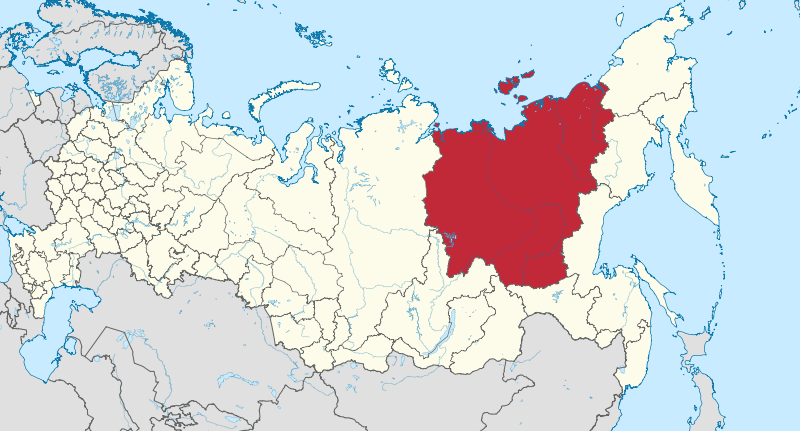
The decision came about in the following way: Mikhail Gabyshev, a deputy in the republic’s parliament, asked the court to clarify the meaning of Article 42
of the republic constitution in which “the Republic of Sakha (Yakutia) guarantees the preservation and rebirth of the indigenous peoples [of the republic] as well as of Russians and other older residents who respect the traditions, culture and customs of the native peoples” of the republic.
In an appeal to the republic’s constitutional court, Gabyshev said that these “constitutional norms are being interpreted in various ways” and that this has limited the development of the republic’s legislation to protect the native population. He asked the court to clarify matters.
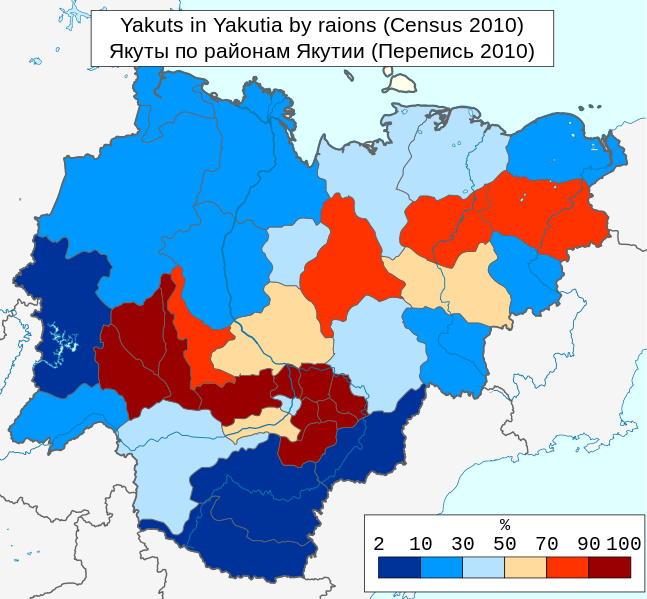
The court held a hearing on his request on October 12 and nine days later issued its explanation. The justices declared the following:
- First, the court declared that the first paragraph of Article 42 of the republic’s constitution legally means “the recognition of the territory of Yakutia as the native land and historical motherland of the Yakut people, the source of its economic well-being, its unique cultural and linguistic identity” as a legal structure within the Russian state.
- Second, the justices held that the second paragraph of Article 42 should be understood as providing the foundation for the protection of “the complete set of natural collective rights of the indigenous people of Yakutia” on the territory of the Republic of Sakha (Yakutia)” and provides for the maintenance of “its territorial unity, socioeconomic, state-legal, national-cultural and linguistic identity.”
- Third, the justices held that the entire article is intended to “guarantee the preservation and rebirth of the indigenous peoples of the Republic of Sakha (Yakutia) which involves all the actions taken by the organs of state power of the Republic of Sakha (Yakutia) directed at the realization of these goals under conditions of the observation of the principle of constitutional-legal equality and with regard to the numerically small indigenous peoples on the basis of the possibility of legally establishing preferential rights for their preservation and development.”
- And fourth, the justices said that Article 42 must be read as requiring the development of such measures for the numerically small indigenous peoples of the North and the defense and securing of their inalienable rights.” And they specified that this ruling was obligatory for all state agencies in the Republic of Sakha (Yakutia).
At the very least, this decision puts the republic authorities on a collision course with Moscow and with Russian firms and organizations which in recent years have run roughshod over the rights of the numerically small indigenous populations of the Russian Far North. But its ultimate consequences are likely to be far larger.
Other non-Russian republics inside the borders of the Russian Federation are likely to be inspired by this in two ways. On the one hand, officials in them will be under some pressure from their populations to follow suit. And on the other, activists will see that at least in principle, they can make use of the courts to achieve their ends.
Related:
- Ukrainian refugees in Russia refuse to go to Siberia and Yakutia
- Ukrainian independence exposed bankruptcy of all three Russian imperial projects, Ikhlov says
- Remembering the nations the Soviets deported in whole or in part

